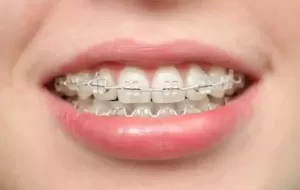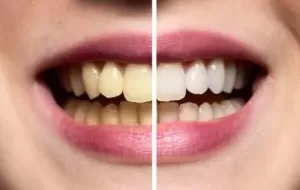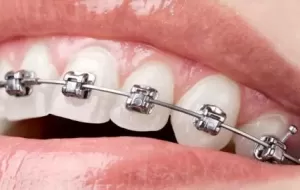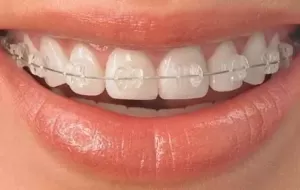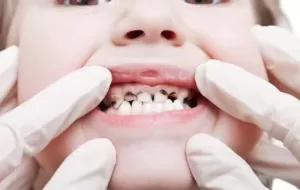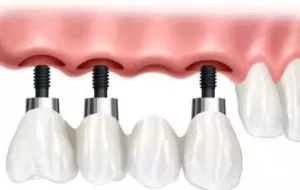Benefits And Harms Of Teeth Whitening
Teeth whitening
Teeth whitening is a common procedure in dentistry, specifically in the field of cosmetic dentistry when the color changes. Usually, permanent teeth in humans are ivory or yellowish in color, and are rarely bright white. Over time, they become less white due to changes in the mineral composition of the tooth, as the enamel becomes less porous. Teeth may become stained and discolored due to bacterial pigments, food residues, and tobacco as well. Although the teeth whitening process has several benefits, it also has some disadvantages, which must be known to avoid them.
Reasons for teeth whitening
- Superficial yellowing of teeth resulting from smoking, drinking coffee or tea, or eating certain foods that stain teeth, such as certain types of berries, in addition to the accumulation of calcifications on them.
- Intrinsic yellowing of teeth, which is usually caused by aging, injury, excessive use of fluoride, or as a result of certain diseases or taking antibiotics at an early age.
Benefits of teeth whitening
Teeth whitening helps to get a beautiful, dazzling white smile, which improves a person’s self-confidence and makes him love a permanent smile. Some recent studies have proven that the whitening solutions used in this process help reduce the incidence of tooth decay when used in the correct ways.
Instructions to increase the life of whitening
- Avoid eating or consuming foods and materials that contain dyes.
- Brush your teeth with toothpaste after eating foods that contain dyes. You should use toothpaste that contains bleach to maintain the bright color.
- Use a straw when drinking dyed beverages so they do not come into contact with your teeth.
- Teeth whitening should be repeated approximately every six months, depending on the whitening method. For smokers, it is recommended to increase the number of times of whitening per year or reduce tobacco consumption.
Teeth whitening damage
- Pain: Pain is one of the most important and dangerous side effects of the teeth whitening process. It results from the disintegration of tooth enamel and reaching the dentin layer, which is very sensitive.
- Inflammation: The gums may become inflamed when whitening them with laser due to the high heat of the laser, which also leads to the disintegration of cells, especially since it works with chemical materials that may be dangerous to the gums due to the resulting burns.
- Tooth sensitivity: Teeth become more sensitive to hot and cold foods and liquids due to laser whitening, which causes severe pain to the person. This condition results from the loss of the protective layer of the teeth, which is the enamel.
- Roughness of teeth: Teeth are naturally soft and smooth, which allows food to slide easily, but they become rough in texture when whitened, which leads to bacteria and bacterial plaque sticking to the surface of the teeth.
